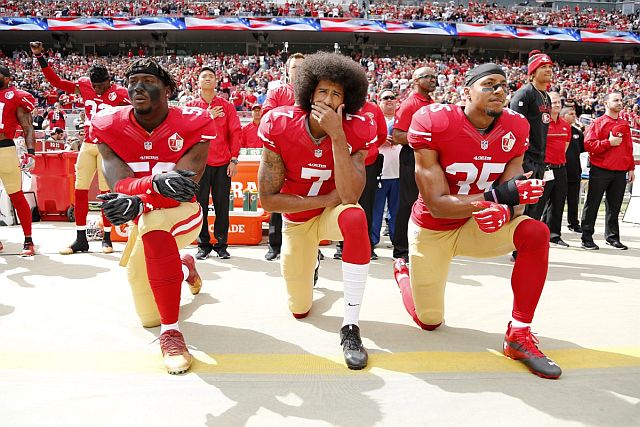The police killing of George Floyd on suspicion of counterfeiting a $20 note has led to civil unrest across America, and parts of Europe and Australia. The incident was an unfortunate one but it breathed new life into the Black Lives Matter movement against systemic racism towards black people. A host of top brands including Nike, Netflix, Adidas, Sony Music and Apple Music have pledged support to the protest via PCSR or Political Social Responsibility campaigns.
Major companies in the music industry held a “Blackout Tuesday” last week to discuss collective action against racism and police brutality. While some brands held panel discussions and town halls, others set up committees to address reform in their attitude towards race.
Warner Music Group head honcho Len Blavatnik set up a $100 million fund for music charities focused on social justice. Sony Music Group pledged $100 million to the cause; Universal Music Group announced a $25 million fund. Spotify was publicly pulled up by employees not participating in Blackout Tuesday. The streaming service obliged, saying it would match $10 million in employee contributions.
Jordan Brand and sports star Michael Jordan have pledged $100 million dollars in the coming decade towards various organisations working towards social equality and education of black youth. “Black lives matter. This isn’t a controversial statement. Until the ingrained racism that allows our country’s institutions to fail is completely eradicated, we will remain committed to protecting and improving the lives of Black people,” declared a statement from the brand.
Adidas has apologised for its shortcomings and announced several initiatives to fight racism. At least 30% of all new vacancies at the American offices of Adidas and Reebok will be filled by black and Latino people. Adidas will invest $120 million towards the betterment of black communities and will fund scholarships for 50 black students every year.
Inclusion and diversity are also on the list of the company’s priorities. Half of its jobs will be reserved for the disabled, veterans and people from the LGBT+ community. Meanwhile, Nike has released a new ad which changes its famous slogan “Just Do It” to “For once, Don’t Do It”.
PCSR goes beyond tokenism
Glossy ads and slogans abound in PCSR. Critics and activists dismiss them with a wave of the hand. Some say marketing and brand reputation are driving the PCSR message, with an eye fixed on profits. However, we’ve been witnessing a gradual shift in corporate mindsets that says the contrary.
Beyond fulfilling the legal requirements of social impact and responsible business, brands are going one step further and participating in larger social and political movements. The Jaago Re campaign from Tata Tea is one example of this in the Indian context. Its TV commercials and offline campaigns stirred a proactive spirit among voters.
Nike used to be a brand accused of exploiting labourers in Asia for commercial profit. It has reinvented itself over the years by acting responsibly and championing equal rights. The brand has been consistently vocal on equal pay for women and minorities. On the 30th anniversary of its iconic “Just Do It” campaign in 2018, Nike didn’t go down the conventional route.


